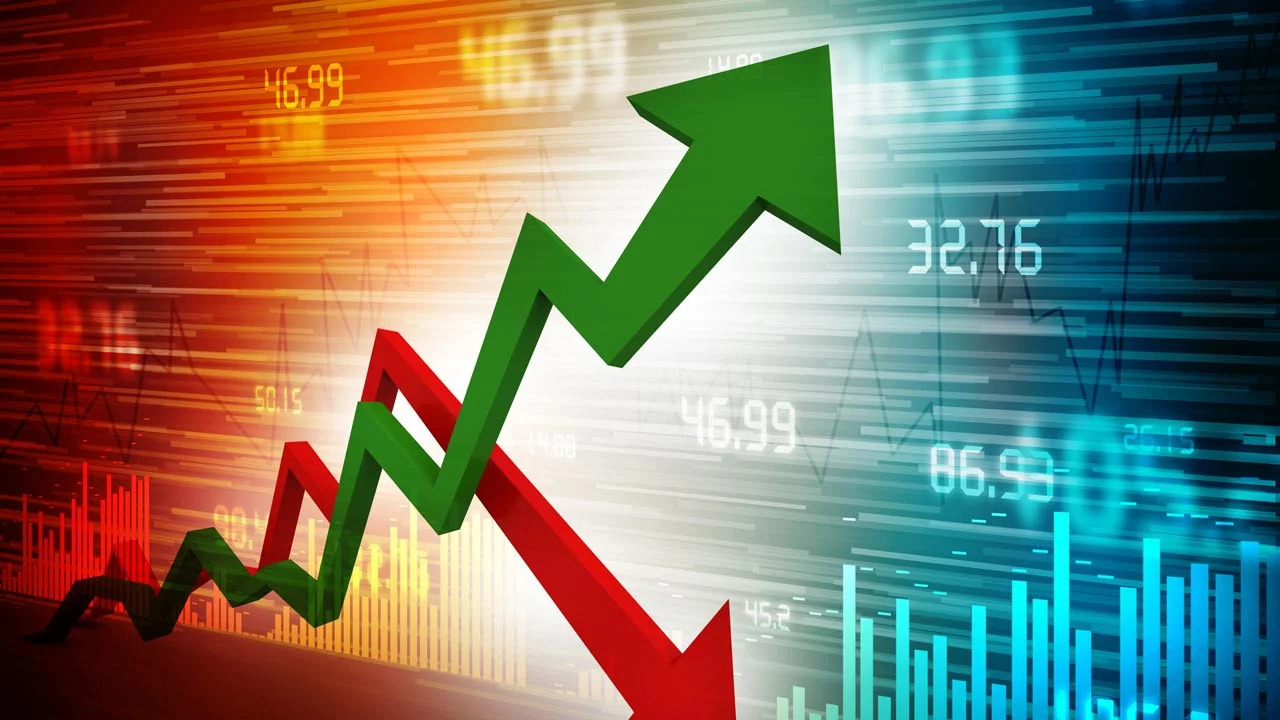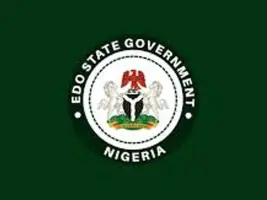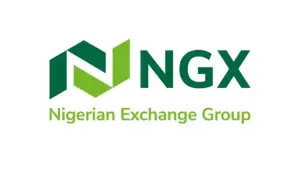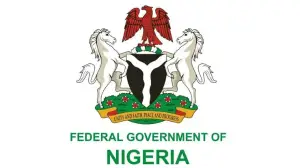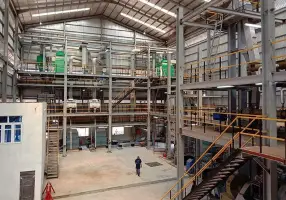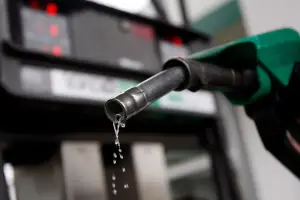Nigerians have expressed divergent views over the incessant loans taken by the federal government, which has significantly increased the country's external debts to alarming levels.
The Senate recently approved President Bola Tinubu's external borrowing plan of over $21 billion for the 2025–2026 fiscal cycle, paving the way for the full implementation of the 2025 Appropriation Act. The comprehensive borrowing package includes $21.19 billion in direct foreign loans, €4 billion, ¥15 billion, a $65 million grant, and domestic borrowing through government bonds totaling approximately N757 billion.
According to the Debt Management Office (DMO), Nigeria's total public debt has climbed to N144.67 trillion ($94.23 billion) as of December 31, 2024. This reflects a significant increase of 48.58% compared to N97.34 trillion ($108.23 billion) recorded at the end of December 2023. The report also indicated a quarter-on-quarter rise of 1.65% from N142.32 trillion ($88.89 billion) recorded at the end of September 2024.
Opposition Voices Concerns
The Presidential Candidate of the Labour Party in the 2023 general election, Peter Obi, has criticized what he described as "reckless borrowing by this regime without accountability."
"As our GDP before rebasing was about N269.2 trillion (about $180 billion), the government has borrowed the equivalent of nearly 70% of our previous GDP. Even after the rebasing, which pushed our GDP to about N372.8 trillion (about $243.7 billion), the government would have borrowed about 50.16% of the new GDP (with the approved loans), the highest debt-to-GDP ratio in our history as a nation," Obi stated.
Similarly, the African Democratic Congress (ADC) condemned the Tinubu administration over what it termed "fiscal vandalism," claiming the president is borrowing far more than his predecessor, Late Muhammadu Buhari, and placing Nigeria on the edge of a financial disaster. The opposition coalition warned that the country's total debt could hit ₦200 trillion before the end of 2025.
Expert Analysis
Speaking to BenriNews, financial expert and Chief Executive Officer of SD & D Capital Management, Gbolade Idakolo, provided a nuanced perspective on the situation. He stated that government borrowing is not inherently problematic if the funds are directed toward infrastructure development that can stimulate economic growth.
"I am not against the government taking additional loans if it is going to be of immense benefit to infrastructure development and to be able to deepen our economic aspirations. For us to be viable economically, we need to improve on infrastructure development," Idakolo explained.
However, he expressed concern about how previous administrations had utilized borrowed funds: "We are seeing that sometimes the loans that were taken by previous administrations were not directly applied to what can bring return for the repayment of the loan. So even when those projects are executed at very exorbitant cost, it does not have the means to be able to repay itself based on the way it was applied."
Idakolo emphasized the importance of targeted projects that can generate sufficient returns to service the debt. "What can actually help Nigeria is for us to do targeted projects that can improve our infrastructure development to complement our economic aspirations. And when that is done, this project should be able to have the capacity to repay the loan."
He cautioned that if the current administration follows the path of previous governments by implementing infrastructure projects that cannot generate enough revenue to repay the loans, "then we will be back to square one."
The financial expert expressed hope that the National Assembly had conducted a thorough review of how the additional loan would be used and assessed the viability of the projects to ensure they can generate returns sufficient for loan repayment.
Stay updated on Nigeria's economic developments by following BenriNews on our social media platforms: Facebook, Twitter, LinkedIn, WhatsApp, and Telegram.

